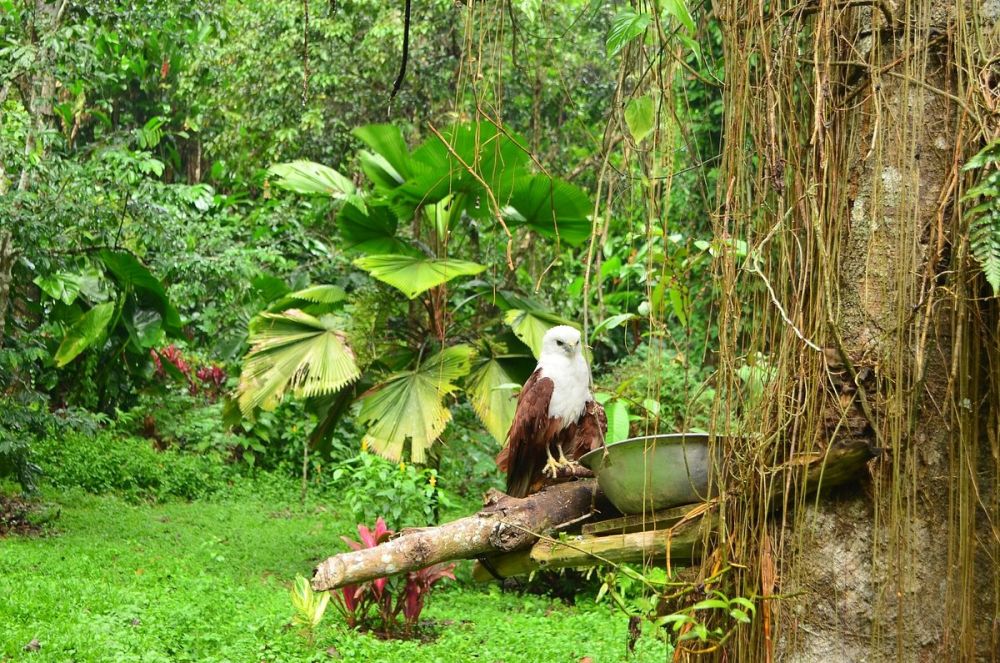

The Philippine Eagle Center (PEC), situated in the foothills of Mount Apo in Davao City, has been an integral part of ecotourism and wildlife preservation in the Philippines since its establishment. The center became home to the Philippine Eagle, a critically endangered species, and opened its doors to the public in the early 1990s. Its foremost purpose is conservation, but it has gradually turned into an educational and tourist hotspot over the years, especially after the Philippine Eagle was officially declared the national bird in 1995.
Engagement with the Community: The local communities around the center, which include indigenous peoples, have been deeply involved in both the preservation efforts and the tourism industry that has sprouted around the eagle center. They have become instrumental in providing eco-guides and caretakers, thus embedding an environmental stewardship culture.
International Recognition: Over time, the PEC has gained attention from international wildlife organizations and tourists, which has helped to further conservation efforts and develop the site as a research and education hub, deepening its tourism appeal.
Responsible Tourism: In line with global trends aiming for sustainability, tourism at the Philippine Eagle Center has put a major focus on responsible tourism where activities are designed to be low-impact and educational. Efforts have been made to reduce the carbon footprint of the center to preserve the biodiversity of the region.
Digital Presence and Virtual Tours: As the world adapts to new norms due to the global pandemic, the PEC has integrated digital tools into their visitor experience. This includes offering virtual tours to reach a broader audience worldwide, leveraging the internet to create awareness and foster support for the conservation of the Philippine Eagle.
Community-Based Ecotourism: The center has highlighted the importance of involving the local community by developing community-based ecotourism that benefits both the environment and the residents. Tourists are encouraged to engage with the cultural heritage of the area, ensuring a more enriching experience.
Opening Hours: The center is open daily except on Christmas Day and New Year's Day, providing opportunities for visitors to observe the majestic Philippine Eagles and other wildlife in a natural setting.
Admission Fees: There is an entrance fee, which is used to support the conservation initiatives of the center. Discounted rates are available for students, senior citizens, and children.
Getting There: The Philippine Eagle Center is located about an hour's drive from Davao City proper, and visitors can reach the site by public transport or private vehicle. Local tourism offices and hotels often organize tours to the center for convenience.